Non-Cisgender Community

LGBTQ is an acronym for lesbian, gay, bisexual, transgender, queer, or questioning. These terms are used to describe a person’s sexual orientation or gender identity. The LGBT community is a loosely defined grouping of lesbian, gay, bisexual, transgender, LGBT organizations, and subcultures, united by a common culture and social movements. These communities generally celebrate pride, diversity, individuality, and sexuality.
For the first time, researchers have established a clear link between accepting family attitudes and behaviors towards their lesbian, gay, bisexual, and transgender (LGBT) children and significantly decreased risk and better overall health in adulthood. The study shows that specific parental and caregiver behaviors -- such as advocating for their children when they are mistreated because of their LGBT identity or supporting their gender expression -- protect against depression, substance abuse, suicidal thoughts, and suicide attempts in early adulthood.
HISTORY OF LGBTQ
First of all, yes, homosexuality did exist in Ancient India. Therefore it has always been a part of India’s history. For instance, it was represented in several Hindu temples where we could see images of same-sex people embracing or showing their genitals to one another. It’s also mentioned in other types of documents: for example, we track down proof of its existence in religious books, most specifically in Sanskrit religious sources such as Manusmriti and Shikhandi or even a chapter of the Kamasutra of Vatsyayana. Afterward, as to its perception, everyone knew about these practices, their existence, but it was definitely not accepted as it was already poorly seen. Indeed, in an article found in the newspaper called India Today, I read about the different types of punishments people accused of homosexuality would face. Therefore, not only was homosexuality known for existing at the time; it was also punishable by torture and social inevitable consequences.
Although people were aware of the term and activities related to homosexuality, it was never really accepted. It was neither taken as a crime nor encouraged.
Later on, the British colonists arrived in India, during the modern era, which had increased and gave homosexuality its known criminal perception. The one ruling that was established in India that truly reveals the impact of the colonists’ arrival is the famous section 377 of the Indian Penal Code introduced in 1861 which criminalized sexual activities “against the order of nature”, these sexual activities obviously included homosexuality, but also intercourse with minors or non-consensual sexual activities.
WAS HOMOSEXUALITY LEGALIZED?
Homosexuality was firstly decriminalized back in 2009, after a decision of the Indian Supreme Court; which invalided section 377 of the LGBTQ community that used to criminalize same-sex intercourses and was voted in by the British colonists. But a few years after this major law, the ISC decided to review its previous ruling: in 2013, homosexuality was a crime, once more.
Happily, last September, the Supreme Court once again decided to review this 2013 decision, and stated that homosexuality was legal again and that discrimination based on sexual orientation was a violation of fundamental rights: victory!
Further research created a little confusion regarding whether it is still legalized or not, because after having detailed research about people talking about their experiences and what their life was like once homosexuality got legalized. Some people who live in small cities or villages claim that there these kinds of laws absolutely make no difference in people’s lives, they’re still discriminated against, assaulted, etc. As a result, of this law, this legalization, even though it has made a lot of people happy in India, and across the world, these people mostly came from cities where it was easier to celebrate this victory, but also where they were many more to celebrate it.
Homosexuality legalization is the first step from India towards acceptance, yet the country still has a long way to go before it reaches an actual and genuine acceptance of the LGBTQ community. I am certain that there is still a difference between all the articles and essays I read - most of them being rather optimistic and evoking progress in their acceptance - and their actual daily life.
If you liked this post, I’d be very grateful if you’d help it spread by emailing it to a friend or sharing it on Twitter or Facebook. Do not forget to like us on Facebook and follow us on Instagram. Send your entries too…
Thank You
Aashi Harita


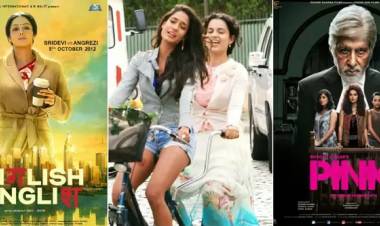
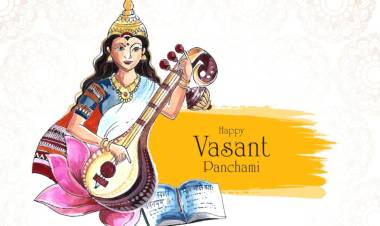
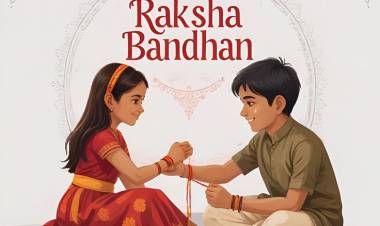


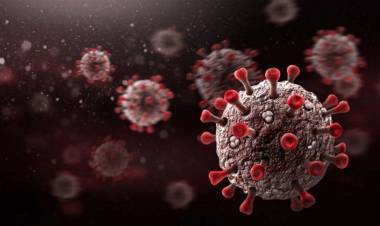
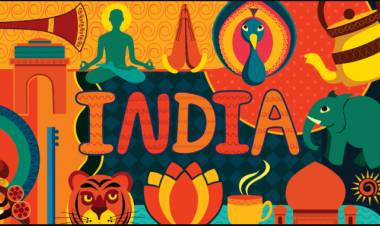
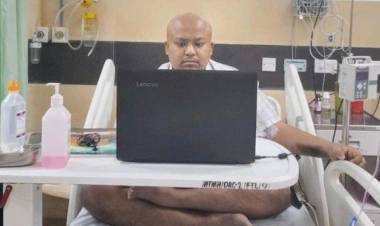
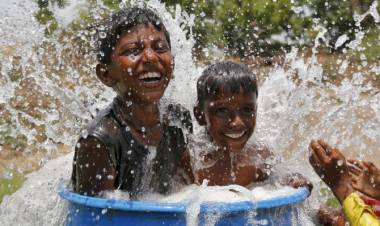










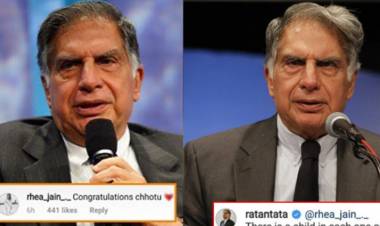

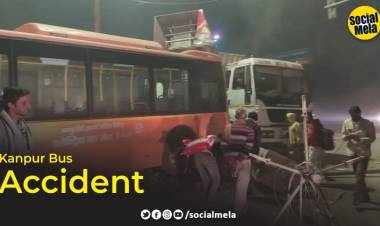

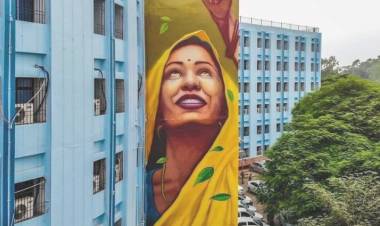

Comments (0)